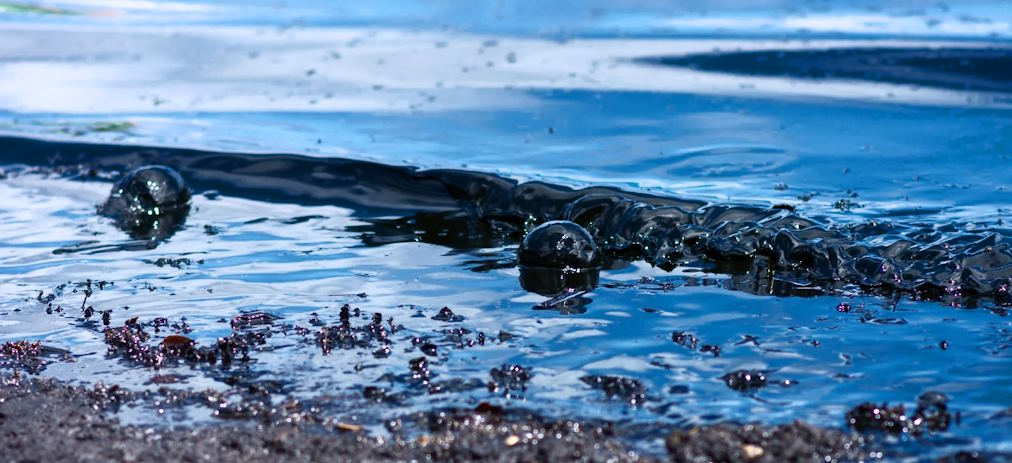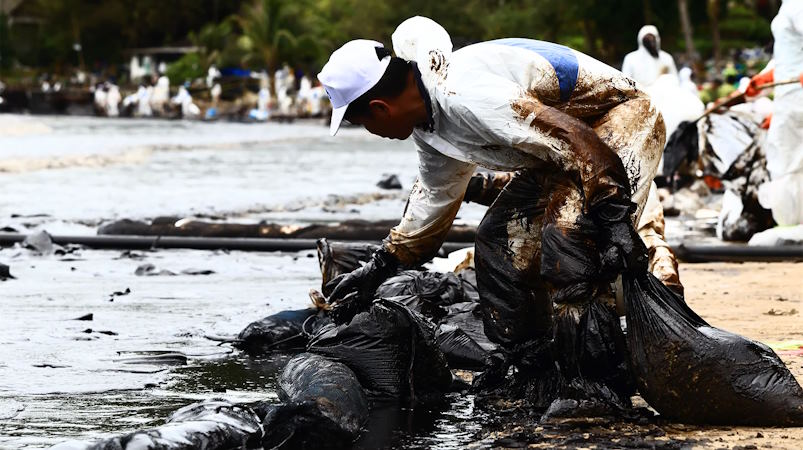
Understanding the Causes and Consequences of Oil Spills
Oil spills, whether large or small, pose a significant threat to our environment, ecosystems, and communities. In this article, we will delve into the complex world of oil spills, unraveling the root causes and examining the far-reaching consequences of these human-induced disasters.
The Root Causes of Oil Spills
- Human Error
One of the primary causes of oil spills is human error, often occurring during oil drilling, transportation, or storage operations. Mistakes in navigation, equipment failure, and improper handling of oil can lead to catastrophic spills.
- Technical Factors
Technical factors play a crucial role in oil spill incidents. Aging infrastructure, lack of maintenance, and inadequate safety measures can contribute to spills. Poorly designed equipment or outdated technology can also increase the risk of accidents.
- Natural Disasters
Natural disasters like hurricanes, earthquakes, and tsunamis can damage oil infrastructure, causing leaks and spills. While these events are not directly caused by humans, their consequences are still human-induced due to our activities in vulnerable regions.

The Far-Reaching Consequences of Human-Induced Oil Spills
- Environmental Impact
Oil spills can have devastating effects on marine life, disrupting ecosystems and harming species. The spilled oil can contaminate water bodies, poison aquatic organisms, and damage habitats, leading to long-term ecological consequences.
- Economic Costs
Oil spills incur substantial economic costs, including cleanup expenses, compensation to affected parties, and losses in tourism and fisheries industries. These costs can run into billions of dollars and have lasting repercussions on local economies.
- Health Impacts
Oil spill cleanup workers and nearby residents may suffer health problems due to exposure to toxic substances in the oil. Respiratory issues, skin disorders, and mental health issues can result from oil spill-related stress and contamination.

Preventing and Mitigating Oil Spills
- Regulations and Oversight
Government agencies enforce regulations and oversight to prevent spills, ensuring that oil companies adhere to safety standards. Regular inspections and audits help identify and rectify potential risks.
- Emergency Response
Quick and effective emergency response plans are crucial in minimizing the damage from oil spills. These plans involve containment, cleanup, and monitoring strategies to mitigate the environmental impact.
Understanding the causes and consequences of oil spills is paramount in our efforts to prevent and mitigate these disasters. Human-induced factors, such as errors and inadequate safety measures, often underlie oil spills, emphasizing the need for responsible practices and stringent regulations in the oil industry. Recognizing the far-reaching consequences of these spills on our environment, economy, and health reinforces the urgency of implementing preventive measures and emergency response strategies. By taking a proactive approach, we can work towards reducing the frequency and severity of oil spills, safeguarding our planet and future generations.